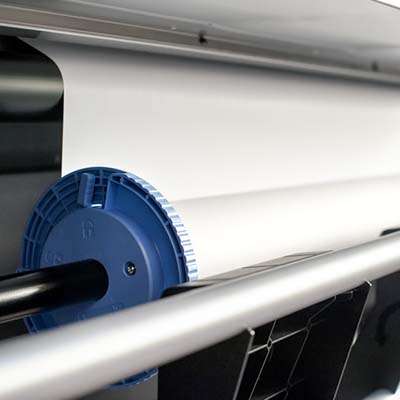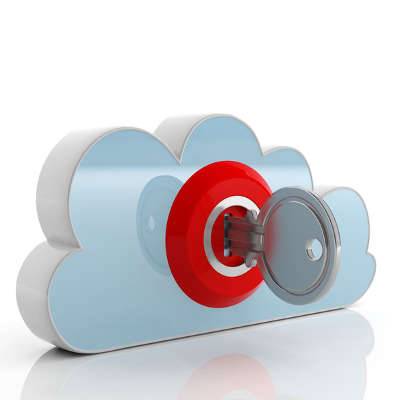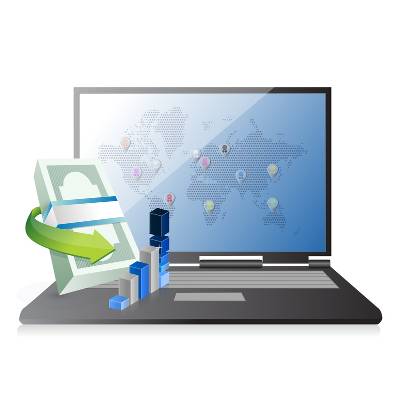It's no secret that small and medium-sized businesses appreciate any opportunity to lower the amount of money they have to spend to successfully operate. One way that businesses of all sizes have used to do so has been VoIP (Voice over Internet Protocol) telephony. Let's we’ll explore just how VoIP solutions are much kinder to a business’ budget.
Macro Systems Blog
Reducing costs in the workplace doesn’t necessarily mean abolishing services you don’t need or eliminating positions that aren’t necessary. One of the easiest ways to make it happen is by taking a closer look at printing costs. By carefully analyzing and controlling your printing resources, you can limit the amount of assets you invest in printing and save a significant amount of revenue.
More often than not, technology is expensive. You’ll rarely look at your IT invoices without cringing a bit. Nonetheless, it’s imperative that you take a look at these AT LEAST every once in a while to understand just what you’re getting from your technology budget. You want to ensure that your IT purchases are yielding a positive return on investment, and thus providing value for your business.
A couple sounds are familiar to any office: keys clacking away, coffee being drank, and the rattling, squawking hum of the printer. Yet this image presents a critical question: do you know how much your printer is costing your company each time it is utilized? Let's review how you can calculate this investment.
Technology has been ingrained into today’s society to the point where businesses can’t function without it. Your organization relies on servers, networks, and workstations to keep productive and access important information, but all of this technology saddles your business with the responsibility of maintaining the components, as well as budget challenges.
You’re in the middle of a project when your computer starts acting up. You smack it around a little bit to see if that has any effect, but it only makes the problem worse. Suddenly, there’s a blue screen and you have no clue what to do. What happened to your data? What will happen to your project? What will you do about the workstation replacement? Read on to find out.
 How much paper and ink does your company use every week? Every month? Every year? More importantly, how much does this wind up costing your company in the long run? According to a study by 14 year-old science fair wiz Suvir Mirchandani, it was discovered that his Pittsburgh-area school district could reduce ink consumption by 24 percent and save an average of $21,000 a year by simply switching fonts. That's half of what the average American's annual salary is!
How much paper and ink does your company use every week? Every month? Every year? More importantly, how much does this wind up costing your company in the long run? According to a study by 14 year-old science fair wiz Suvir Mirchandani, it was discovered that his Pittsburgh-area school district could reduce ink consumption by 24 percent and save an average of $21,000 a year by simply switching fonts. That's half of what the average American's annual salary is!
 It's the nature of trends for people to want to capitalize on them, which means that many sellers of what's trendy may have little experience working with the trends that they're selling. As a business looking to take advantage of the latest technology trends, it's important that you're not bamboozled by a smooth talking technology marketer with no depth.
It's the nature of trends for people to want to capitalize on them, which means that many sellers of what's trendy may have little experience working with the trends that they're selling. As a business looking to take advantage of the latest technology trends, it's important that you're not bamboozled by a smooth talking technology marketer with no depth.
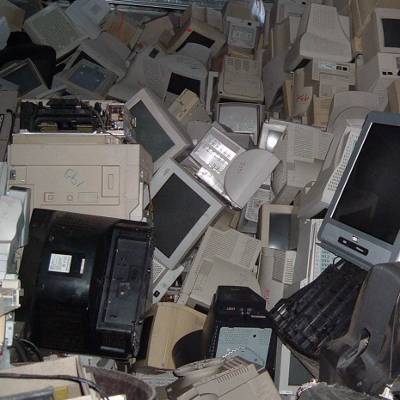 Remember when you upgraded to a flat screen TV or monitor just a few years ago? You may have marveled at the increased picture quality and celebrated getting rid of your old and bulky equipment, but do you know what happened to the old CRT monitor after you threw it out? Unfortunately, the answer doesn't bode well for the environment.
Remember when you upgraded to a flat screen TV or monitor just a few years ago? You may have marveled at the increased picture quality and celebrated getting rid of your old and bulky equipment, but do you know what happened to the old CRT monitor after you threw it out? Unfortunately, the answer doesn't bode well for the environment.
 This statistic comes from California-based market research firm In-Stat, and it highlights the growth of Voice over Internet Protocol (VoIP) technology. To give you an idea of how far VoIP has come in recent years, this figure was at 42% just five years ago. Is your business taking advantage of the VoIP revolution?
This statistic comes from California-based market research firm In-Stat, and it highlights the growth of Voice over Internet Protocol (VoIP) technology. To give you an idea of how far VoIP has come in recent years, this figure was at 42% just five years ago. Is your business taking advantage of the VoIP revolution?
 For a business owner, leaving money on the table is the worst feeling because it means passing up on easy money. From forgetting to upsell to a customer to having a delivery route be longer than it needs to be, there are many ways that businesses leave money on the table. Take a look at your company's technology; you may be leaving money on the table by using inefficient technology that's literally sitting on your table.
For a business owner, leaving money on the table is the worst feeling because it means passing up on easy money. From forgetting to upsell to a customer to having a delivery route be longer than it needs to be, there are many ways that businesses leave money on the table. Take a look at your company's technology; you may be leaving money on the table by using inefficient technology that's literally sitting on your table.
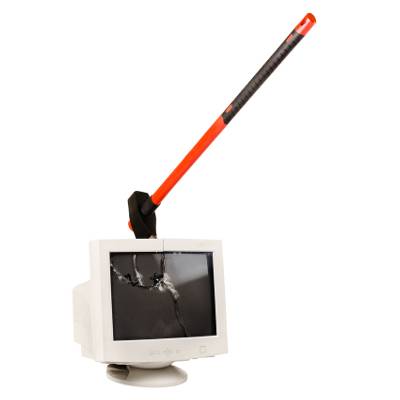 Some people refuse to upgrade their technology because they're ardently committed to the principle of "if it's not broke, don't fix it." We admire a person's resolve to stand up for their convictions, but there are cases when old technology gets in the way of profits. Here are four examples of old technologies that may be holding your business back.
Some people refuse to upgrade their technology because they're ardently committed to the principle of "if it's not broke, don't fix it." We admire a person's resolve to stand up for their convictions, but there are cases when old technology gets in the way of profits. Here are four examples of old technologies that may be holding your business back.
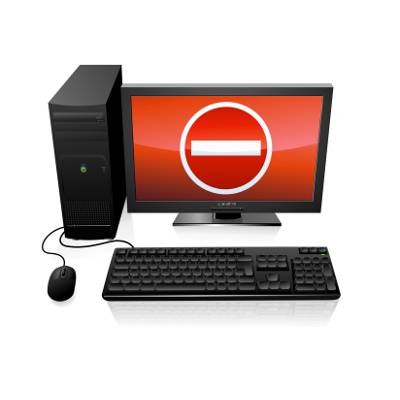 "Heigh-ho, heigh-ho. It's off to work we go!" Do you know the secret to why Dwarves are so good at mining? It's because they don't have an Internet connection in the caves to distract them from digging and singing. If you're looking to turn your staff into a loyal Dwarf-like workforce, then you will want to take advantage of content filtering.
"Heigh-ho, heigh-ho. It's off to work we go!" Do you know the secret to why Dwarves are so good at mining? It's because they don't have an Internet connection in the caves to distract them from digging and singing. If you're looking to turn your staff into a loyal Dwarf-like workforce, then you will want to take advantage of content filtering.
 "The Cloud" may mean very different things to different people, and has certainly been used in a number of ways that obscure its actual definition. The cloud a place to store and access files, run software, automatically back up files, virtualize data, and much more. Globally, smaller cities are becoming cloud cities using all of these capabilities to save money and improve their infrastructure and services.
"The Cloud" may mean very different things to different people, and has certainly been used in a number of ways that obscure its actual definition. The cloud a place to store and access files, run software, automatically back up files, virtualize data, and much more. Globally, smaller cities are becoming cloud cities using all of these capabilities to save money and improve their infrastructure and services.
 The value of professional services is that you can contract someone a reasonable fee to do something that you don't have the time or skill to achieve on your own. If you work in the service industry, this is your business model. Outsourcing the management of your IT to Macro Systems is a classic example of a professional service that can save you money.
The value of professional services is that you can contract someone a reasonable fee to do something that you don't have the time or skill to achieve on your own. If you work in the service industry, this is your business model. Outsourcing the management of your IT to Macro Systems is a classic example of a professional service that can save you money.
 Did you know that your computer may have the capability to be turned on and off without ever physically pushing its power button? Besides helping you feel like a wizard, your computer's Wake-on-LAN feature has many convenient applications for your business, including saving time and energy, and aiding your campaign to create a greener workplace.
Did you know that your computer may have the capability to be turned on and off without ever physically pushing its power button? Besides helping you feel like a wizard, your computer's Wake-on-LAN feature has many convenient applications for your business, including saving time and energy, and aiding your campaign to create a greener workplace.
 If your business has never experienced a major computer problem, then it's easy to underestimate just how damaging downtime can be. This conclusion can be drawn from a recent survey of small business owners, where 65% estimated they would only lose $500 if their company's network went down for a day. In reality, downtime is much more costly than $500.
If your business has never experienced a major computer problem, then it's easy to underestimate just how damaging downtime can be. This conclusion can be drawn from a recent survey of small business owners, where 65% estimated they would only lose $500 if their company's network went down for a day. In reality, downtime is much more costly than $500.





